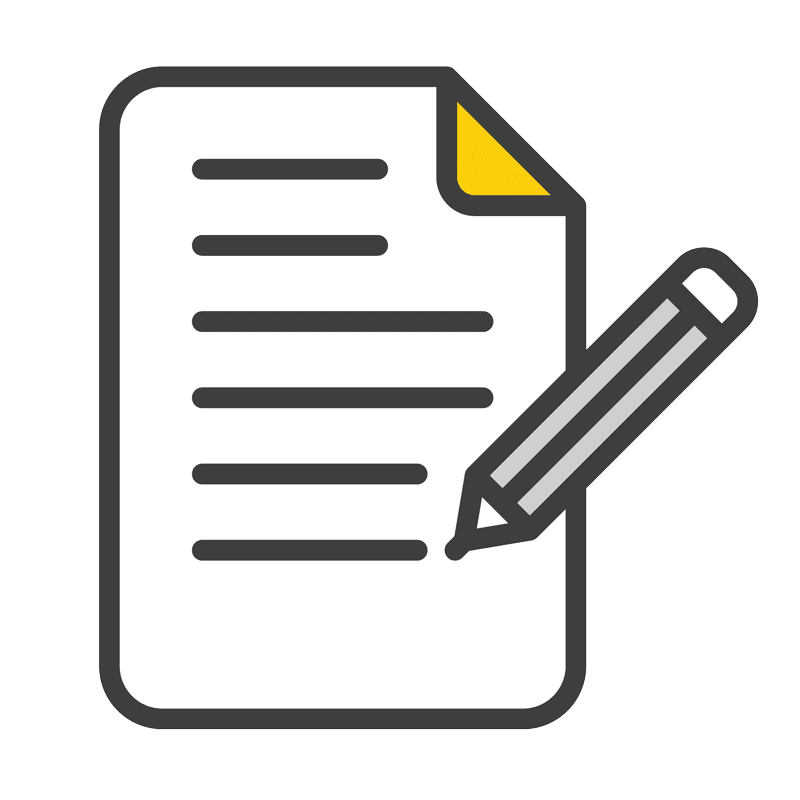BOOST YOUR RESUME FOR A CAREER CHANGE
You’re ready for a career change. But is your resume? Transitioning to a new industry isn’t just about having the right skills. It’s about highlighting those skills effectively to resonate with recruiters in your new field. Here’s how to revise your resume for a career change seamlessly.
UNDERSTAND YOUR NEW FIELD
Step one: research. Dive deep into the industry you wish to join. Look at job descriptions, industry news, and key players. Understand what the industry values and its common language. This knowledge will help you tailor your resume to speak directly to potential employers’ needs.
SHOW RELEVANT EXPERIENCE
Highlight experiences that, even if indirectly, showcase transferable skills. For example, if you’re moving from a marketing role to project management, emphasize your organizational skills, time management, and experience leading cross-departmental projects. Real-life example? Look at Jane Smith. She moved from customer service to human resources by underscoring her experience in resolving customer issues and improving satisfaction rates—skills that directly translate to employee relations.
SHOWCASE YOUR SOFT SKILLS
Soft skills are universal. They bridge industries. Communication, adaptability, and problem-solving are valuable everywhere. Let’s say you were in retail but want to move into tech—emphasize your customer relationship management, teamwork, and quick adaptability to new systems and environments.
TAILOR YOUR LANGUAGE
Use industry-specific terminology. Tailor your resume language to reflect your new industry’s nuances. Doing this makes your application feel like it belongs and showcases your understanding of your future role.
EDUCATION AND CERTIFICATIONS
If you’ve taken any courses or certifications relevant to your new field, put them front and center. Continuous learning shows commitment. Today, many industries value relevant certification over traditional education. Highlight any workshops, online courses, or certifications attained.
MEASURABLE ACHIEVEMENTS
Numbers speak volumes. Quantifiable achievements catch the eye. If your past success can be quantified, include it. Increased sales by 30%? Led a team of five to reduce project time by 20%? Such metrics provide clear evidence of your impact.
CREATE A SUMMARY SECTION
Start with a brief, impactful career summary. Position yourself as a capable professional ready to leverage your skills in the new industry. This section serves as your elevator pitch, providing context for recruiters.
ADD A COVER LETTER
While not strictly part of the resume, a tailored cover letter can clarify your career change intent. Explain your journey, passion, and how your skills will benefit the new company. It’s an opportunity to make a personal connection.
DO NOT OVERLOOK DESIGN
A clean, professional layout can make a significant difference. Ensure clarity and readability. Use bullet points, headers, and consistent fonts. A well-presented resume conveys professionalism and attention to detail.
In the business world, transitioning to a new career path is an act of courage and strategy. Your resume is your marketing tool. Make it compelling. As you prepare for this career change, consider getting a fresh pair of eyes on your resume. PaperBlazer offers professional editing services that can sharpen your document, ensuring it captures attention and conveys your talents succinctly.
#CareerChange #ResumeTips #BusinessGrowth #PaperBlazer #LinkedInTips #ProfessionalDevelopment #JobSearchStrategies







